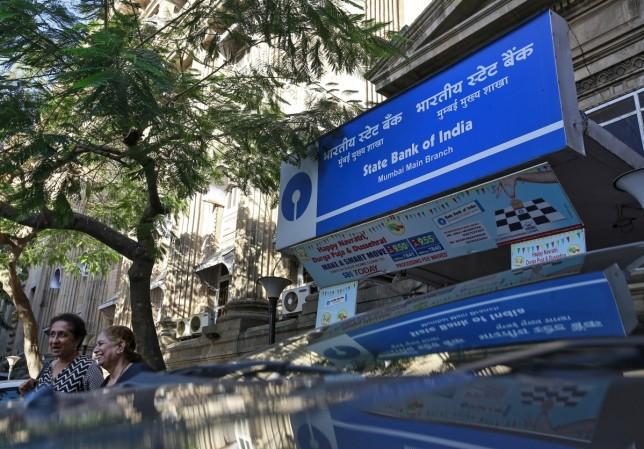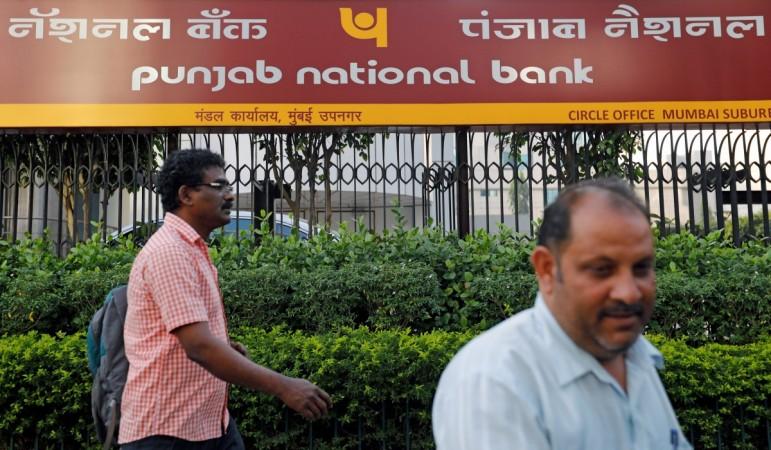
The banks all across India will be closed as much as five days in case of government-owned banks from September 26 to September 30. The five-day gap would start with a two-day nationwide strike called out by trade unions starting Thursday, September 26. Adding to woes, the strike will be followed by two-day holidays on account of second Saturday and Sunday.
The five day closing of banks is going to badly affect people especially the salaried class. Other day-to-day banking operations including cash deposit, salary credit for employees and cash transfers is expected to be adversely affected.
Moreover, Monday, September 30 is not an official bank holiday as declared by the Reserve Bank of India (RBI), public dealing of the banks will be severely restricted, or non-available due to the day of half-yearly closing. Furthermore, banks will also remain closed on the occasion of Gandhi Jayanti on 2nd October.
As per a report in Financial Express, banking trade unions across India are protesting against the government's decision to merge Public sector banks (PSBs) fearing job losses. Country's biggest lender, the State Bank of India said that the banking operations are likely to be affected if the unions go ahead with the strike. In a regulatory filing, "While the bank has made all arrangements to ensure normal functioning in its branches and offices, it is likely that work in our bank may be impacted to some extent by the strike."

After the Finance Minister Nirmala Sitharaman announced the merger of 10 government-owned banks into just four entities, four public sector bank unions have called for a nationwide two-day strike in protest. The Indian Banks' Association informed SBI that four unions namely, All India Bank Officers' Confederation (AIBOC), All India Bank Officers' Association (AIBOA), Indian National Bank Officers' Congress (INBOC) and National Organisation of Bank Officers (NOBO) have come together to call pan India.
Last month, the centre had announced the consolidation of banks merging 10 PSBs to form four entities. Earlier in 2017, the government merged a number of banks to bring the number down to 12 from 19. Punjab National Bank, Oriental Bank of Commerce and United Bank will now be merged to become one single entity. Further, Andhra Bank and Corporation Bank will be merged with Union Bank of India.

















